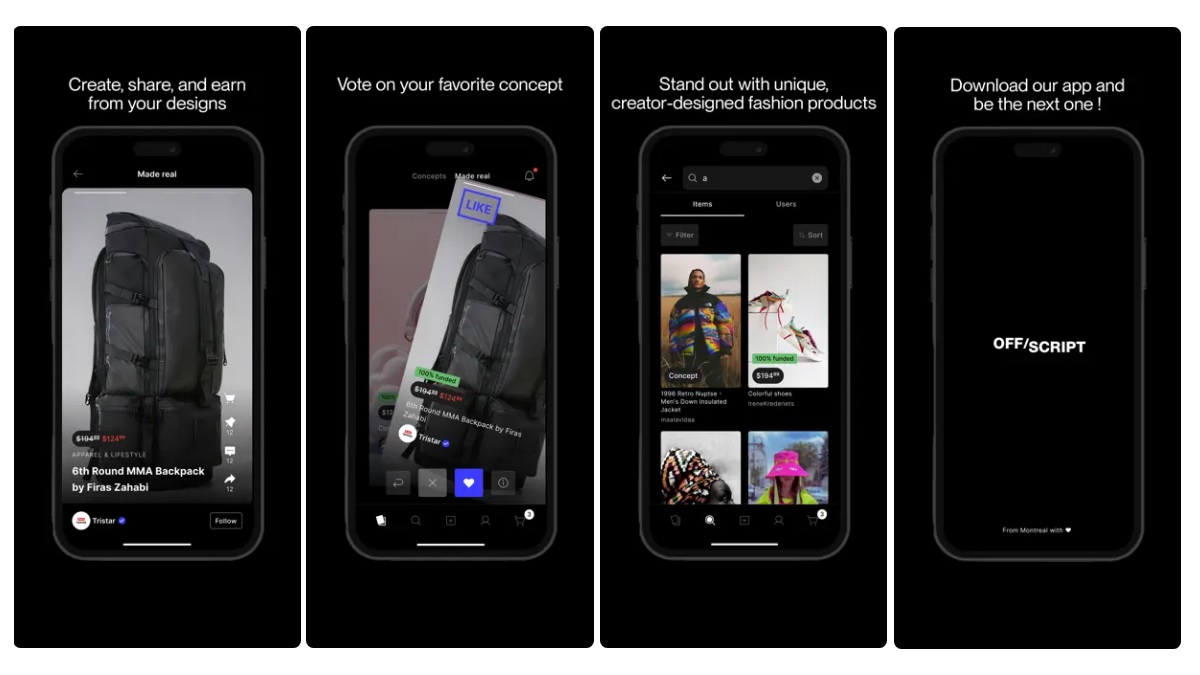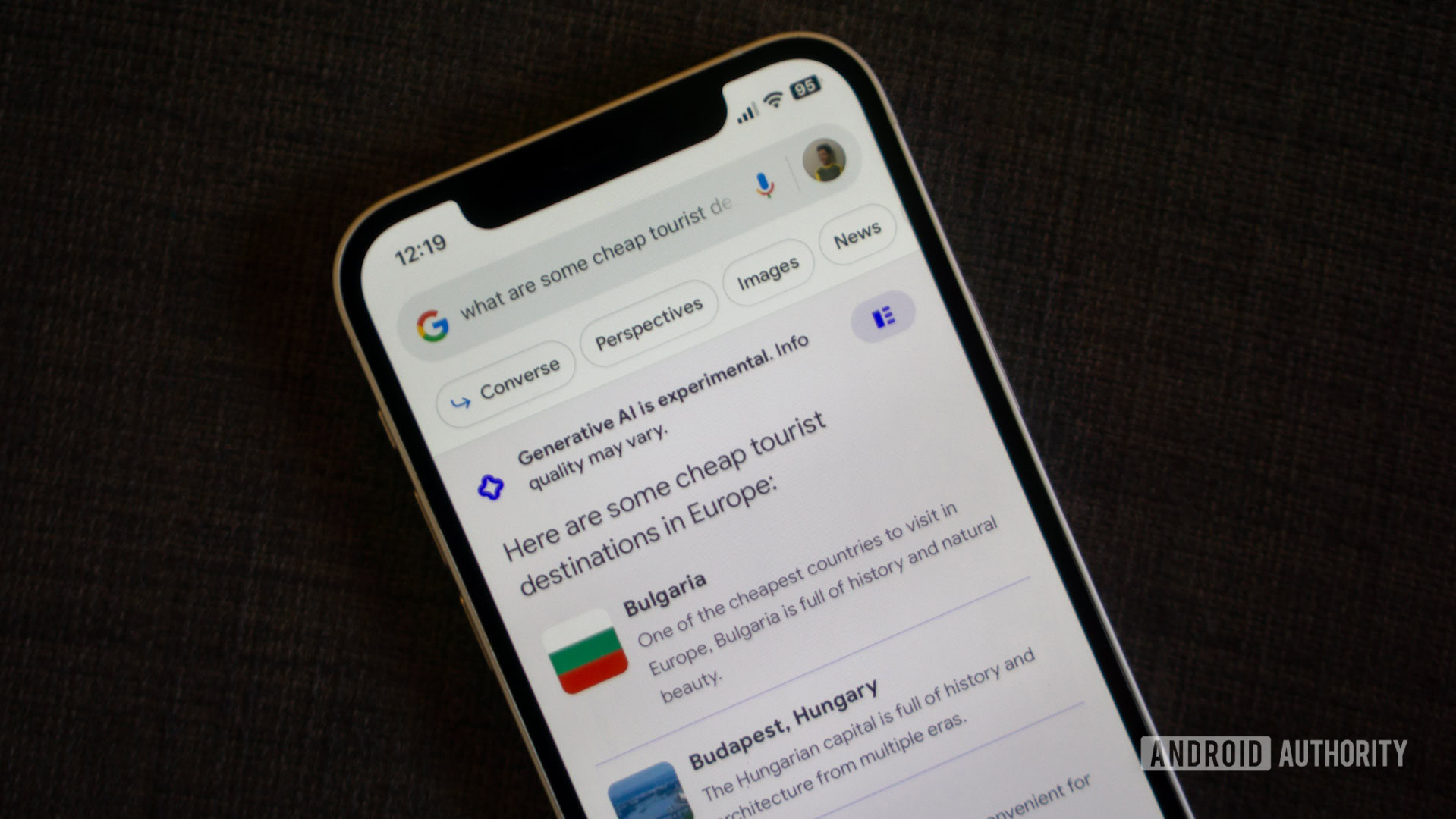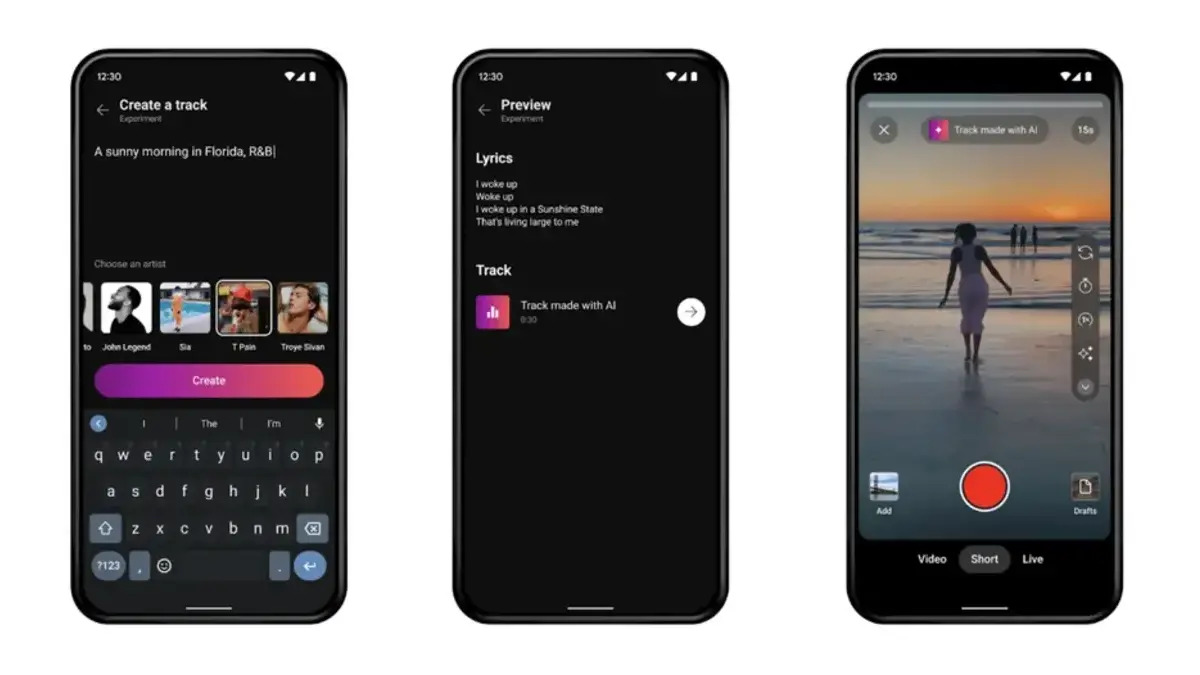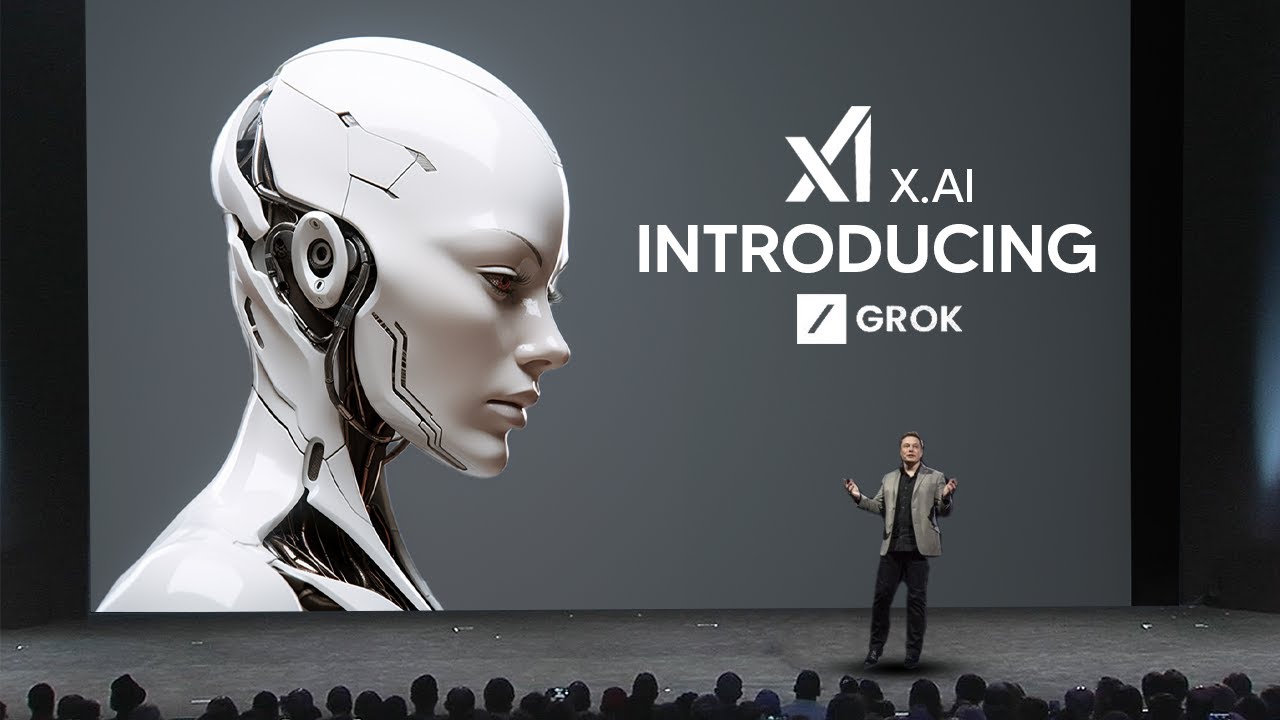Affiliate links on Android Authority may earn us a commission. Learn more.
What's new in AI this week? Mostly it's all about the OpenAI drama
Published onNovember 22, 2023
Welcome to the second edition of What’s New in AI, our weekly update where we bring you all the latest AI news, tools, and tips to help you excel in this new AI-driven future.
AI in the news: The biggest AI developments and news
This week’s news was largely dominated by Open AI’s huge drama and fallout over the firing of Sam Altman, though a few other small developments did occur amid the chaos. Let’s jump in and look at the biggest headlines from last week:
- A lot of drama unfolded quickly over the weekend as Sam Altman, CEO of OpenAI, was fired by its board of directors around safety disagreements and other issues where they believed he was being less than upfront with the board. Subsequently, many of OpenAI’s top executives resigned, triggering the potential for a staff revolt. Microsoft then intervened, pledging support for OpenAI and expressing a willingness to employ Altman and others who had left the company. Amid numerous predictions about the implications of these management changes, another twist occurred when there were suggestions that OpenAI might rehire Altman. Shortly thereafter, the company officially reinstated Altman, and a substantial number of staff members returned. The long-term impact on OpenAI remains uncertain, and close attention will be paid to the company’s future moves.
- Part of Open AI’s agreement to bring back Altman revolves around the creation of a new board of directors. So far confirmed members include Bret Taylor as Chair, Larry Summers, and Adam D’Angelo.
- A team out of the Korea Advanced Institute of Science and Technology has announced a new AI model for predicting socioeconomic situations in difficult-to-visit or information-scarce places, such as North Korea. The model uses satellite images and other information to essentially predict things such as a country’s economic index score. The AI algorithm could also potentially be used for gathering info on global issues like natural disasters, climate change, and carbon dioxide emissions.
- Amid the OpenAI chaos, A121 Labs was able to secure a $30 million extension on its previously announced Series C funding round. The startup’s valuation remains at $1.4 billion. It’s still too early to say if A121 Labs has any real shot of being a solid ChatGPT alternative but the powderkeg situation at OpenAI proves that anything can happen in the early days of AI and that there are no guarantees that today’s big players will stay relevant a few years from now.
- Meta has announced plans for two new generative AI tools for picture editing and video asset creation named Emu Edit and Emu Video, respectively. The former tool will use AI for improving and editing photos, while the latter lets you use prompts to create short AI-generated clips. These new tools will eventually come to both Facebook and Instagram.
What’s new in AI? This week’s spotlight on AI tools and apps
There are plenty of great AI tools and apps launching all the time for all types of users from generalists to those in specialized fields like sales or SEO. In this section, we bring you a look at potentially interesting new apps and tools across a variety of platforms such as web, PC, and mobile. Most of these will be available for mainstream users though keep in mind some of these tools and apps we highlight will have limited niches and restrictions for their use.
Below we highlight just five new AI apps or tools we feel are worth keeping an eye on:
Off/Script
- Platform: iOS

Google Holiday Shopping AI tool suite

- Platform: Web
Google recently announced a few new AI shopping tools in time for the holidays. First, Google is bringing gift advice to search. When users type phrases like “best gifts for gamers” into Google Search the AI will provide tailored subcategories to browse and give you general advice. Additionally, Google is bringing new options to virtually try on clothes and use AI-generated images to get a better idea of the exact product they are looking for.
Google Dreamtrack
- Platform: Web

Google Dreamtrack is a new experimental AI tool for YouTube. It currently is rolling out to select content creators and will let you create your own 30-second YouTube Shorts soundtrack featuring an artist’s voice. Some of the famous singers lending a voice include John Legend, T-Pain, and Demi Lovato. While the tool isn’t widely available yet, there are plenty of examples that showcase how it works, created by a variety of different popular YouTubers.
Luminar Neo (new AI tools added)
- Platform: Win/MacOS

Luminar Neo is a well-known photo editing program. While it may not be a new program, a new update introduces three new generative AI tools: GenErase, GenExpand, and GenSwap. The first tool is similar to Magic Eraser on the Pixel, letting you erase unwanted background distractions from images. GenExpand can extend the boundaries of a photo to create unique aspect ratios. Lastly, there is GenSwap, which lets a photographer replace or swap objects seamlessly into a photo.
Grok
- Platform: Web

Grok is a new AI chatbot made by xAI, a startup owned and founded by Elon Musk. The AI works similarly to other tools like ChatGPT and Bard but with a sarcastic and witty personality baked in. Technically Grok has been out for a few weeks, but it missed the first edition of this list and I thought it was worth visiting anyhow.
How-to & tips: Spotlight
Looking to learn more about AI, how to make better use of AI tools, or how to protect your privacy from AI? Each week we share a different how-to guide or tip we feel you’d want to know about, as well as a few links to some of our other great AI how-to guides and explainers that will help you take your AI experience to the next level.
How to bring the power of AI to Google Docs and Sheets
Although there’s no official way to use Bard directly in Google Docs or Sheets, there are a few ways you can use Google’s AI with your important Google Drive documents and sheets. Let’s break it down quickly:
How you can use AI to improve your Google Sheets experience:
- You can use Bard directly and ask it to make you a table that you can import directly into Google Sheets.
- You can ask Bard how to do specific things with Sheets, it can even give you the exact codes or commands that you can just copy/paste into Sheets yourself.
- There’s also Duet AI if you’re a Google Workspace user. This works with Sheets directly but isn’t quite as robust as Bard.
- There are also plenty of Chrome add-ons and other tools that unofficially can bring new AI functionality to Sheets and Docs, though they’ll typically use ChatGPT over Bard itself.
To learn even more methods and the exact steps involved, check out our guide on how to use Bard in Google Sheets.
How you can use AI to improve your Google Docs experience:
- You can use Bard to write documents that can easily be exported to Google Docs.
- You can grant Bard access to Docs, allowing you to do stuff like quickly search for things within the documents using AI.
- There’s also Duet AI access for Workspace users and plenty of Chrome add-ons, just like with Sheets.
We have a guide on how to use Bard in Google Docs that can explain the exact steps as well as a few other related tips and tricks.
And that’s our tip of the week. Also, be sure to check out some of our other most popular guides for more tips and how-to information, including our guide explaining custom GPTs, how to use seed numbers in Midjourney, and our look at the best Midjourney alternatives.